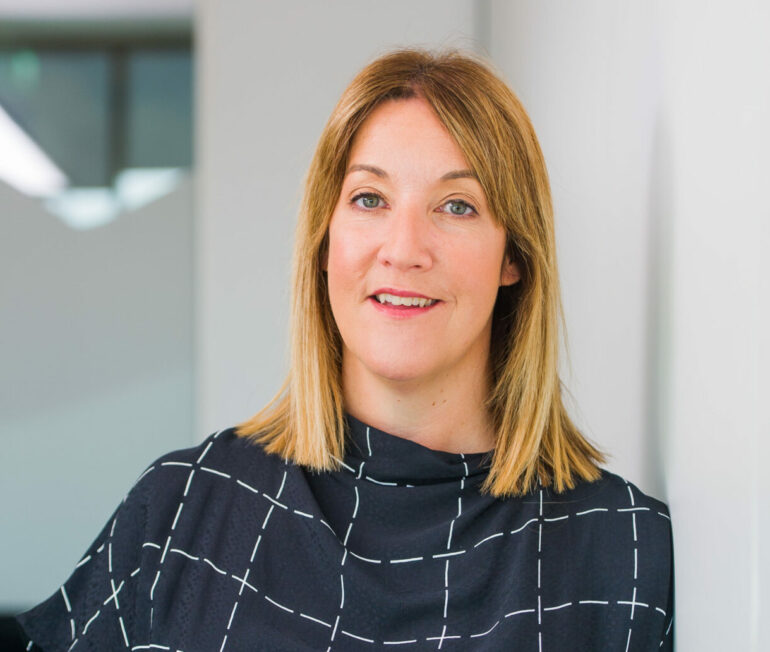As households continue to wrestle with higher living costs and tight mortgage affordability, Hodge has urged buyers and homeowners alike to pay closer attention to the size of their mortgage deposit.
According to Hodge, the size of the deposit now plays a more critical role than ever in determining not only the rate offered but the long-term financial impact of a mortgage.
Emma Graham (pictured), business development director at Hodge, said: “Many people focus on the monthly repayment when choosing a mortgage but your deposit size can dramatically affect the rate you’re offered, and the total amount you repay over time.”
Her comments come as the market adjusts to a post-pandemic interest rate environment, with rates still significantly higher than those seen during the ultra-low-rate years of 2020 to 2022.
Graham pointed to recent action by the Prudential Regulation Authority as a step in the right direction.
Still, she warned that the cost of borrowing with a smaller deposit remains high.
She added: “With rates still considerably higher than they were three years ago, the impact of a small deposit is more pronounced than ever.”
Graham noted that the widening divide in mortgage interest rates is making the deposit issue increasingly urgent.
She said: “Affordability has worsened for first time buyers, making deposit size even more important for those looking to get onto the property ladder.
“The average deposit for a first-time buyer now exceeds £60,000, according to UK Finance.
“However, many are still trying to enter the market with deposits as low as 5%, an option that can carry significantly higher interest rates.”
She added that choosing the right mortgage in today’s climate involves more than simply chasing the lowest rate, “it’s about finding a product that supports your specific circumstances, especially in an economic environment where everything from energy bills to grocery costs has gone up. If you have a smaller deposit, it’s even more important to get the structure of your mortgage right from the outset.”
The impact isn’t limited to first-time buyers. Graham warned that refinancing pressures are building for existing homeowners as well.
“This year, hundreds of thousands of borrowers are expected to exit fixed-rate deals secured during the ultra-low-rate era of 2020–2022. As these borrowers face much higher interest rates, many could see their repayments jump by £300–£500 a month,” she said.
For those refinancing, early engagement with mortgage options could be key.
Graham noted: “Whether you’ve gained equity, increased your income or had a change in life circumstances, there may be more options than you think, but the key is acting early and being open to exploring the right type of mortgage for your situation, not just defaulting to what’s most familiar.
“While the current market presents challenges, it also offers opportunities for those who take the time to review their position, explore product types and assess how much deposit they can realistically put down.”
She concluded: “In a climate of economic change, having the right mortgage can make a significant difference to your financial security.
“Whether you’re just starting out or remortgaging after years in your home, your deposit size and your mortgage structure deserve close attention.”




